What I Wish I’d Known: Adam Paolozza
In What I Wish I’d Known, Graham Isador asks theatre artists what advice they’d give younger versions of themselves. The question is a jumping off point for larger conversations about the artist’s work.
When I walked into the Theatre Passe Muraille backspace Adam Paolozza was wearing a mask. Kari Pederson was dressed like death. Paolozza was making these grand gestures, creeping towards the middle of a stark white backdrop. Each movement pushed forward like a contradiction. It looked both dramatically cartoonish and frighteningly specific. Pederson, for her part, was still. The giant black cloak masked her face, eclipsing her features into one big point.
Watching from the sidelines I got lost a little bit. The scene was weird. The scene was cool. Then after a couple seconds somebody yelled cut. When Paolozza turned to say hi, breaking from character, it felt startling. In thirty seconds and they’d managed to bring me into their little world.
Producing trailer shoots is a part of my job. I had stopped by to give assistance. Usually with the shoots I manage to spout off some opinions one way or another, but it was clear from the work that Paolozza and Pederson didn’t need my input. They had thought everything out and were executing it like pros. With nothing else to do I offered to make a coffee run but no one was thirsty.
The kind of specificity that went into the trailer, both in gesture and aesthetic, is indicative of Paolozza’s work in general. Since 2014, his company Bad New Days has been putting together these big interdisciplinary shows. They’ve managed to win critical acclaim—picking up 18 total Dora nominations—and also fill seats. I’ve tried to describe their work a couple of times but it’s difficult. It blends mask, mime, and commedia dell’arte . . . but if you haven’t trained/studied enough to recognize those forms that easiest way in is that it’s some real art rock shit. It’s excellently executed arty stuff that will take you on a ride.
I’ve been working at the marketing for Paolozza’s new show Paolozzapedia for the past few months. The autobiographical piece sees the performer use the full gamut of his skillset to explore family stories from his Italian heritage alongside bits of childhood memories. Recently I had the chance to chat with the performer about the show and how he developed his specific practice. The conversation is below.
Graham Isador: When I’ve set out to describe your work I end up making these broad strokes about the different genres. Can you talk to me about how you see the work and what lead you to create like you do?
Adam Paolozza: Paolozzapedia falls within the lineage of other recent Bad New Days works like Italian Mime Suicide and is inspired by the work of Polish director Tadeusz Kantor. It’s a continuation of my research into contemporizing traditional theatrical forms, like commedia dell’arte, mime, and mask work, in order to explore bigger ideas.
We use a certain kind of existential sense of humour, both verbal and physical and a desire to explore philosophical ideas through levity. Writer Giorgio Agamben says that philosophy has always been closer to comedy than tragedy and we’ve been thinking about that a lot during the creation of Paolozzapedia.
I think I intuited this from a young age: finding depth through lightness. I think it has something to say about the human condition, about how vulnerable we all are and how we must, from time to time, laugh at life, as baffling as it can be. I try to look at the ordinary, the quotidian, and see something deeper than the present moment. And I don’t mean that in a frilly way but in the sense of feeling a moment of life resonate in deep time, in some kind of rhythm of life that we all somehow participate in. I love how some theatrical forms can access this territory in a playful way, like children can, before, behind, around and between language and operate in this nostalgic space akin to infancy. It invites us to laugh at the trauma and wonder of early life without robbing these experiences, these sufferings and joys, of their dignity. All of this is very much on our minds as we’re currently deep into the creation of Paolozzapedia, which explores this influence of early life on our attitude towards the world.
Was there any hesitation in pursuing a life in theatre? Particularly with a focus on genre work?
I don’t really consider what I do “genre work”, but I think I understand what you mean by that, in that most of what I do isn’t inspired by psychological realism. I’m not interested in representing reality in a realistic way. I much prefer an aesthetic ‘response’ to reality, one that evokes rather than explains, that suggests rather than informs. It’s good to remember from time to time, especially in Toronto where ‘psychological realism’ and ‘dramatic theatre’ are the unspoken norm, that we need to support formally adventurous theatre as it is a helpful tool that teaches us to see the world differently.

Adam Paolozza. Photo by Graham Isador.
In the past five years you’ve had a lot of success with your company but is there anything you know now that you wish you’d known at the beginning?
Oh my god, so much I wish I’d known then that I know now! But something specific that we’ve been talking a lot about in Paolozzapedia rehearsals is our relationship to time, how as we get older our experience of time changes. I wish I had have been more patient at the beginning of my career. Patient to go deeper into the work, to stay longer in the uncertainty. To be more comfortable in the not knowing. I’m only just now trying to develop a practice that respects the present and I wish I had have started that when I was younger. I could have saved a lot of stress over the years!
Talk to me about how your experiences have lead to the creation of your new show. Where are the themes drawing from/how has your work built to this?
A couple of years ago, just before beginning the creation of Paolozzapedia, I decided to seriously focus on researching Italian culture through studying two interconnected phenomena: Carnival and mask, both the making of masks and performing with them. I’m also half Italian and I really wanted to learn how to speak the language so I started to spend more time in Italy.
Around the same period I began experience a dark time personally. This led me to doubt my practice and the usefulness of art in a world that seems to have too many real problems that needed solving. Then my dad had a stroke. That brush with death profoundly shifted my whole perspective on life, death, and my family. I began to re-examine my early childhood in light of who I’m becoming as I get older. It’s been a process of great doubt but I’ve also been inspired to go deeper into the research I’m most passionate about. All of these experiences shaped Paolozzapedia.
That’s a lot to take in. I’m really excited to see where it goes. Is there anything particular you’d like the audience to get out of the experience?
Though Paolozzapedia is a very personal piece, it’s my hope the audience leaves feeling they’ve been able to see themselves in it. I hope it makes them think and laugh and encourages them to be more present to their own lives and families.
You’ve taught classes all over the world as an extension of your practice. Is there one piece of advice you’d give for newcomers looking to create the kind of career you’ve had?
Really ask yourself what you love most about what you do and try to ignore the pressure of that voice in your head that tells you what you “ought” to do. Stay curious and don’t be afraid to have more questions than answers. Do not wait for the perfect project to come along but make it happen, now, go for it. Don’t be discouraged if you don’t get it right, you can always make another show. Be gentle with yourself when you fail, because nothing is really a waste of time.

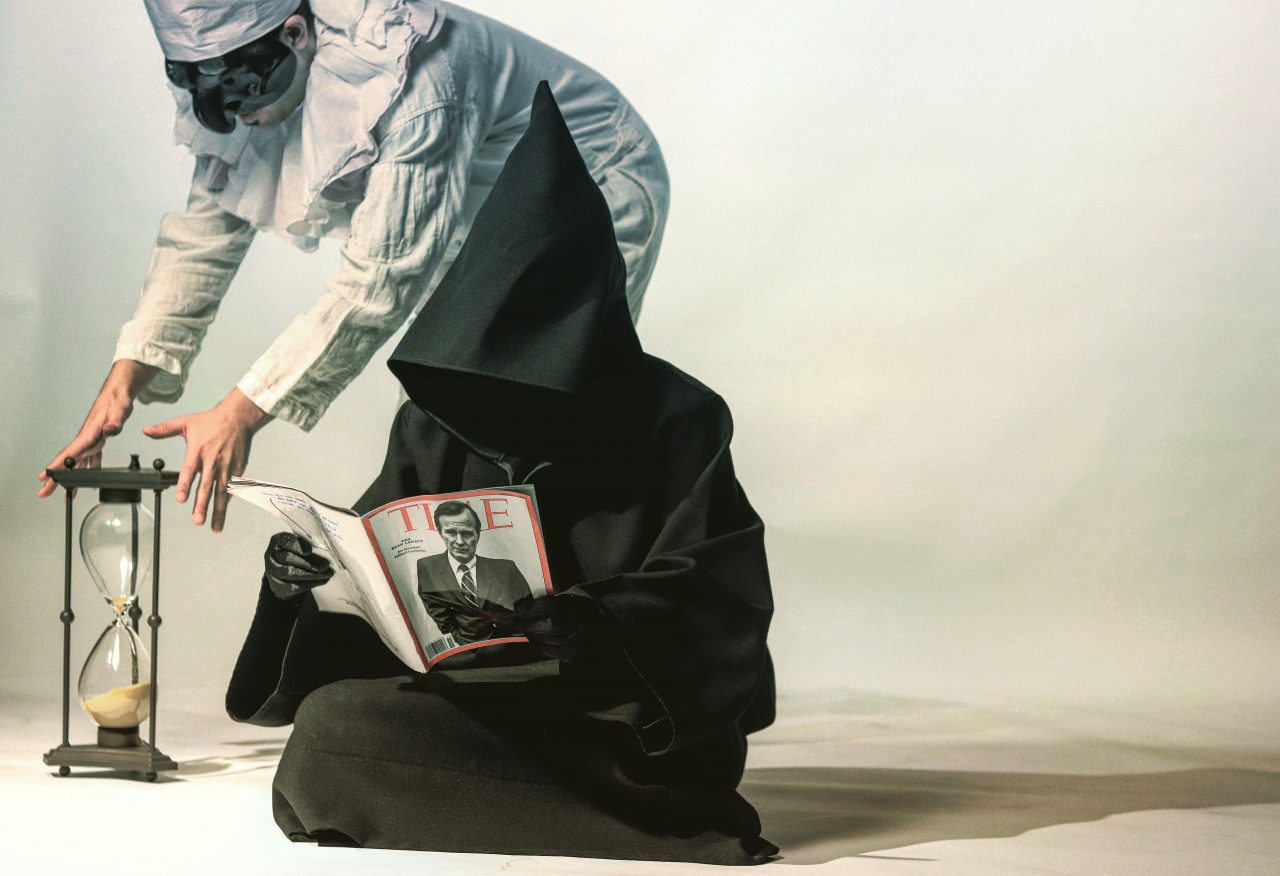
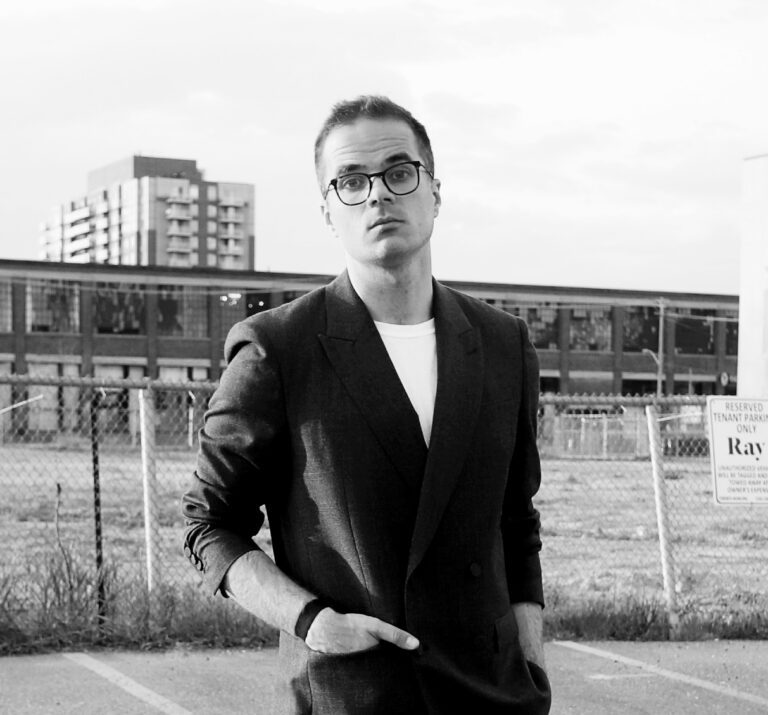
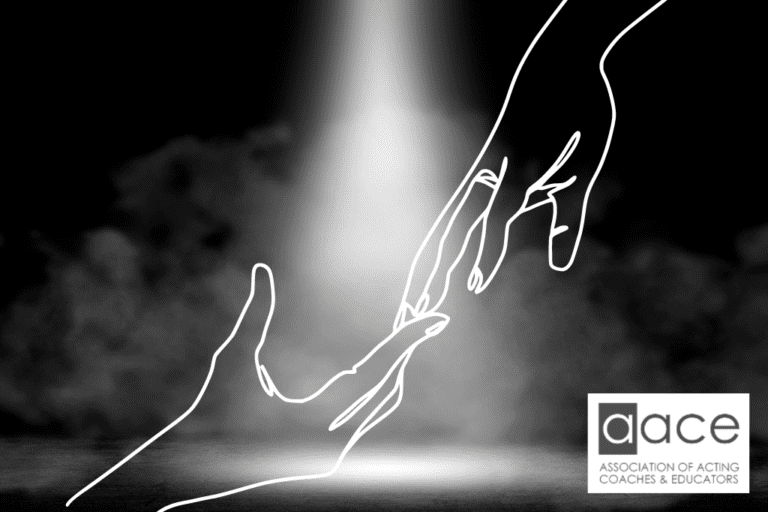
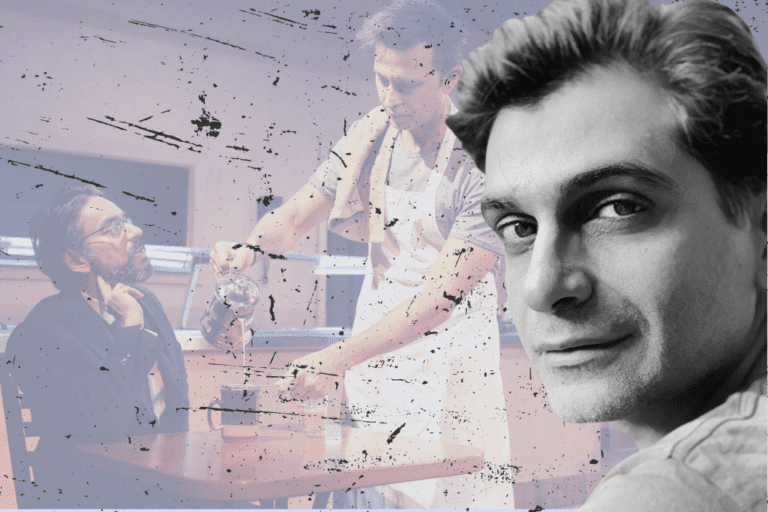

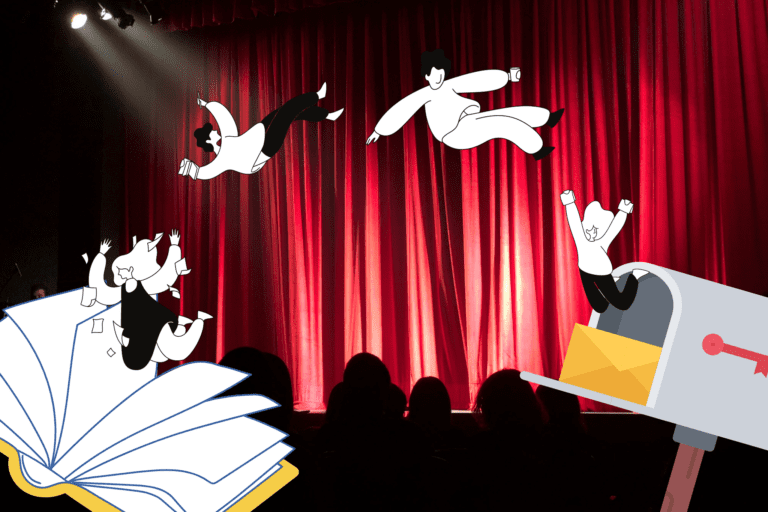
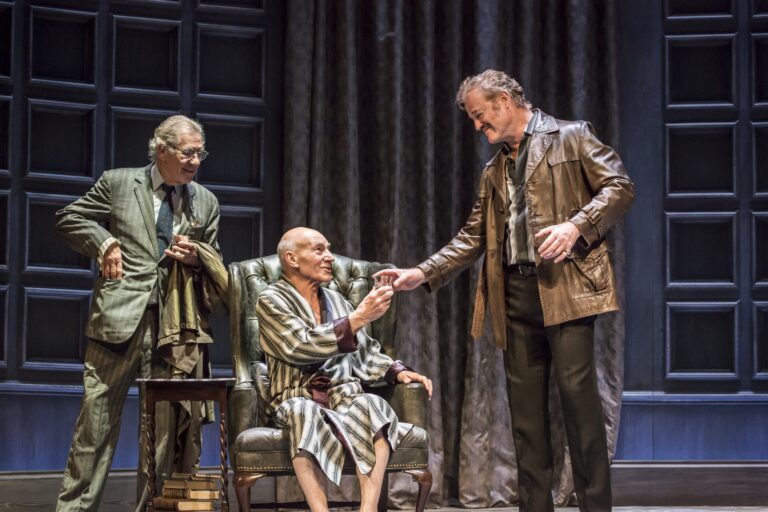
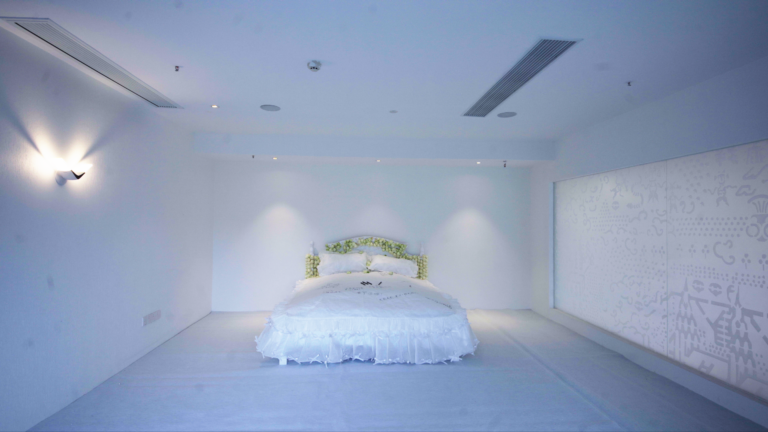

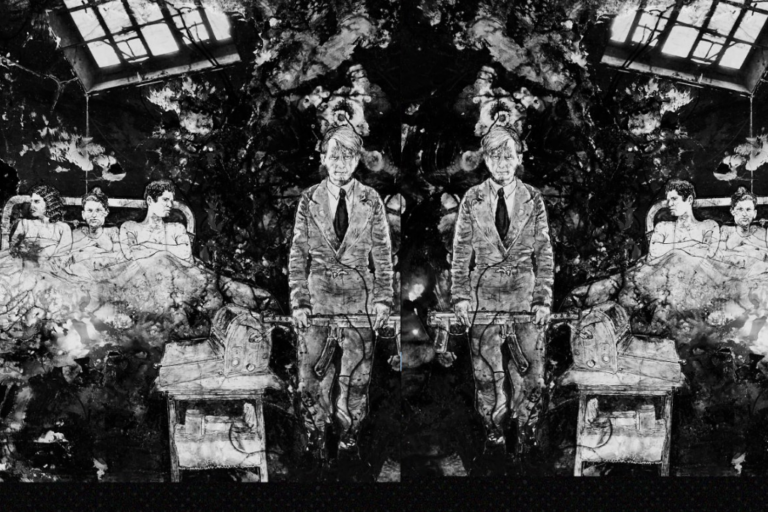


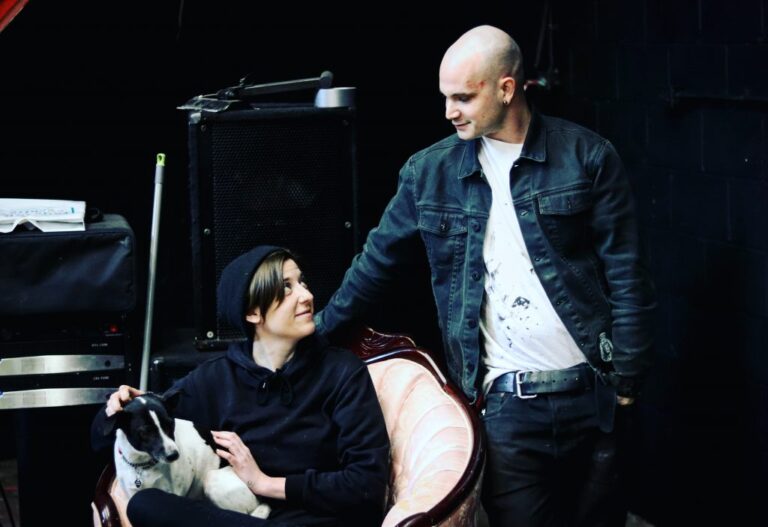

Comments